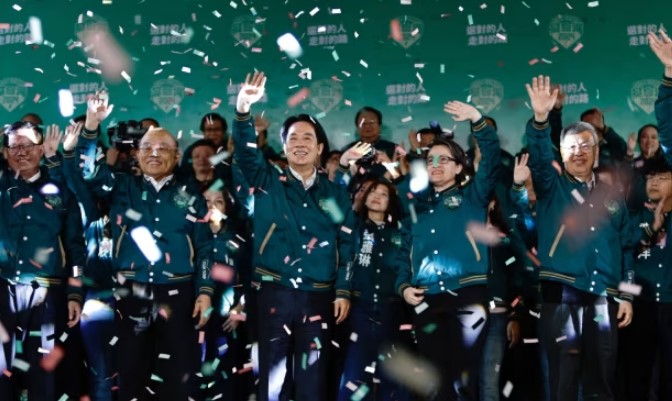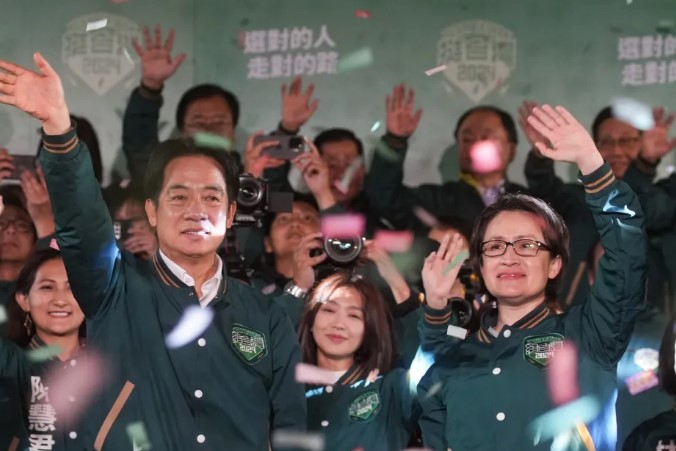After Taiwan’s presidential election, a high-level US delegation will meet with political players in Taipei.

US delegation begins Taiwan visit after voters pick China sceptic leader (Photo: Google)
US Delegation Extends Congratulations to Taiwan
Democratic Progressive Party (DPP) candidate William Lai Ching-te won a historic third term, promising to continue President Tsai Ing-wen’s diplomatic efforts and protect against Beijing’s perceived threats. Despite Lai’s 40% victory, Beijing said the DPP did not reflect broad public sentiment.
AIT announced the private visit by former National Security Advisor Stephen J. Hadley and former Deputy Secretary of State James B. Steinberg. The unofficial visit celebrates Taiwan’s elections, supports sustained prosperity, and reiterates US involvement in cross-Strait peace and stability.
Beijing called US Secretary of State Antony Blinken’s words on cross-Strait peace and stability a “gravely wrong signal” favoring Taiwan’s independence. Pressure increased after President Joe Biden said the US did not back Taiwan’s independence. The US maintains unofficial relations with Taiwan and continues to arm it with defensive weaponry.
READ ALSO: Republicans Launch Investigation Into Alleged Affair Between Georgia DA’s Attorney And Trump Prosecutor, Nathan Wade
China Reacts to Blinken’s Remarks and U.S. Delegation’s Visit to Taiwan
China’s Foreign Ministry Spokesperson Hua Chunying denounced Blinken’s comments, accusing the US of breaking the one-China principle and violating its sole unofficial Taiwan relations pledge. Beijing views US participation in Taiwan as a weapon to limit China, underscoring the sensitivity of the Taiwan question in China-US ties. Pressure is projected to rise.
The US team comes to Taiwan to a challenging geopolitical context, with Beijing stressing its position on Taiwan’s status and the US weighing its security commitment against stable ties with China. The visit reminds us of the delicate diplomatic dance needed to handle Taiwan’s complicated dynamics and global politics.
READ ALSO: Taiwan Presidential Candidate Emphasizes Building ‘Solid’ Ties With US Prior To Resuming China Dialogue

















































